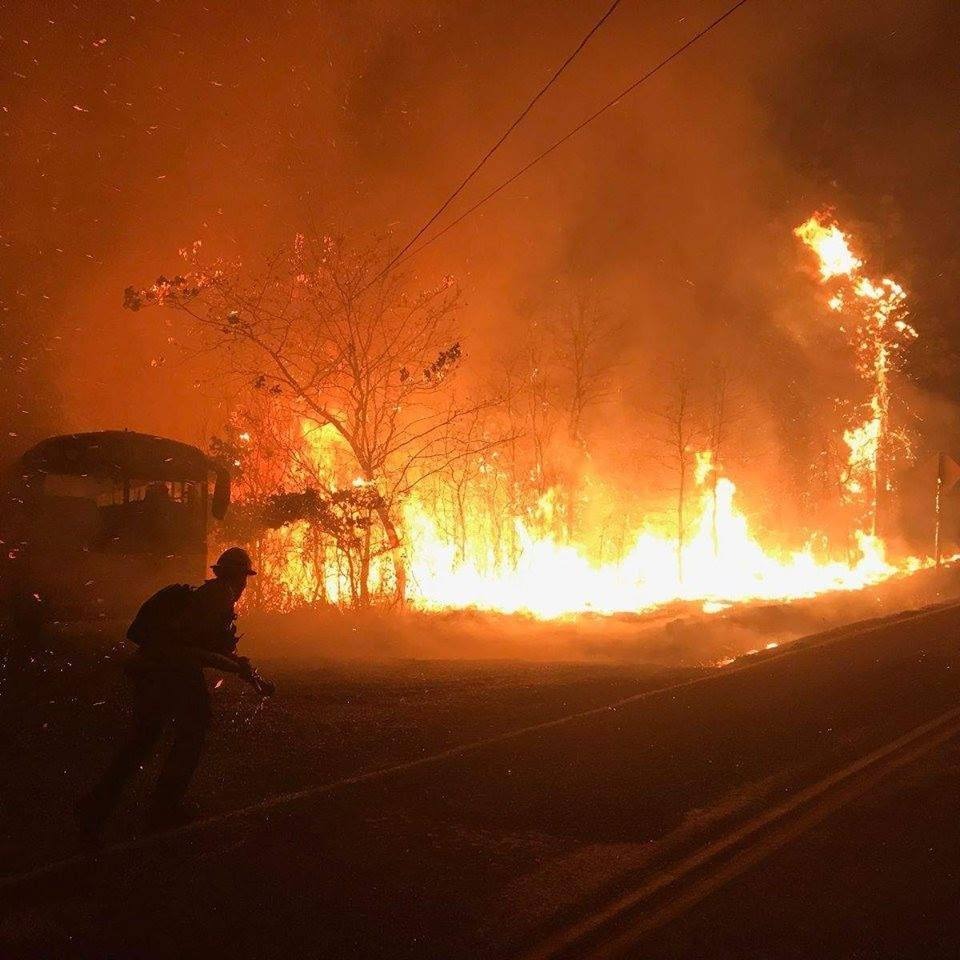In a landmark ruling, the Supreme Court found that the city of Grants Pass’s ordinances did not violate the Eighth Amendment rights of homeless individuals. This decision, which upheld the city’s right to enforce anti-camping laws, has had unintended and far-reaching consequences. While the ruling aimed to empower the city to manage public spaces effectively, it has inadvertently pushed many homeless individuals farther from urban areas and into more remote, forested regions. This migration has recently culminated in a significant fire on South Side Road in Josephine County, raising alarms about increased fire dangers associated with this displacement.
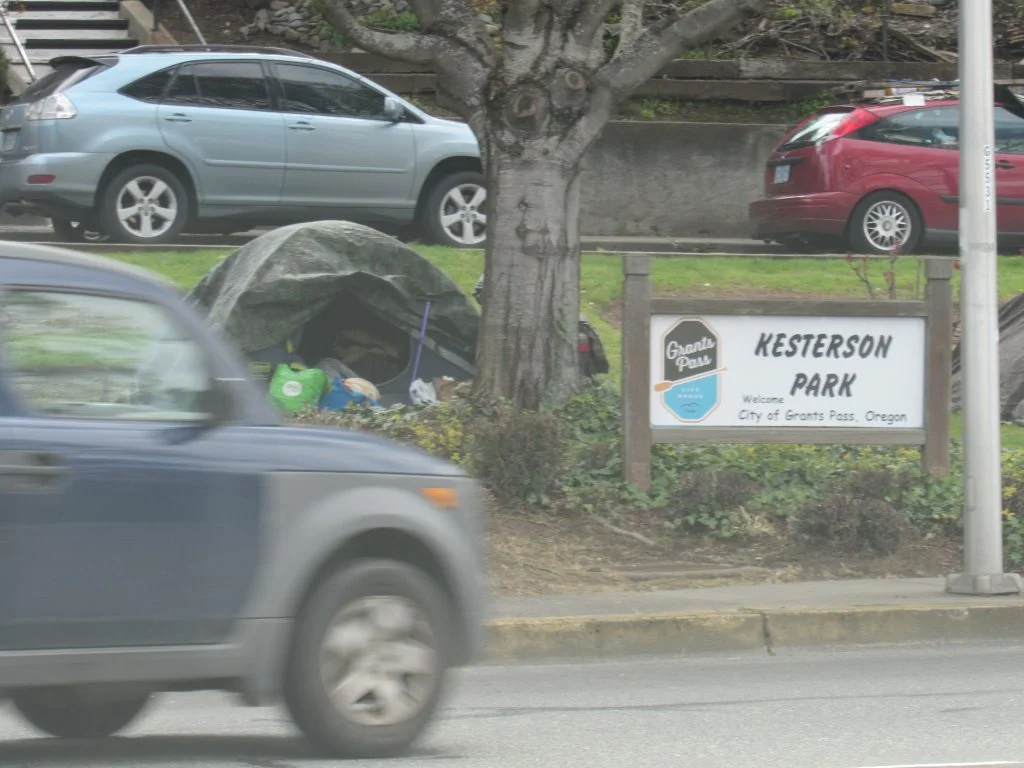
The Supreme Court ruling stemmed from a case involving the city of Grants Pass’s enforcement measures against homeless individuals camping in public spaces. Contrary to concerns that such ordinances could be deemed cruel and unusual punishment under the Eighth Amendment, the court ruled in favor of the city. This decision effectively allowed Grants Pass to continue penalizing homeless individuals for sleeping outside when shelter beds were unavailable, driving many to seek refuge beyond the city limits.
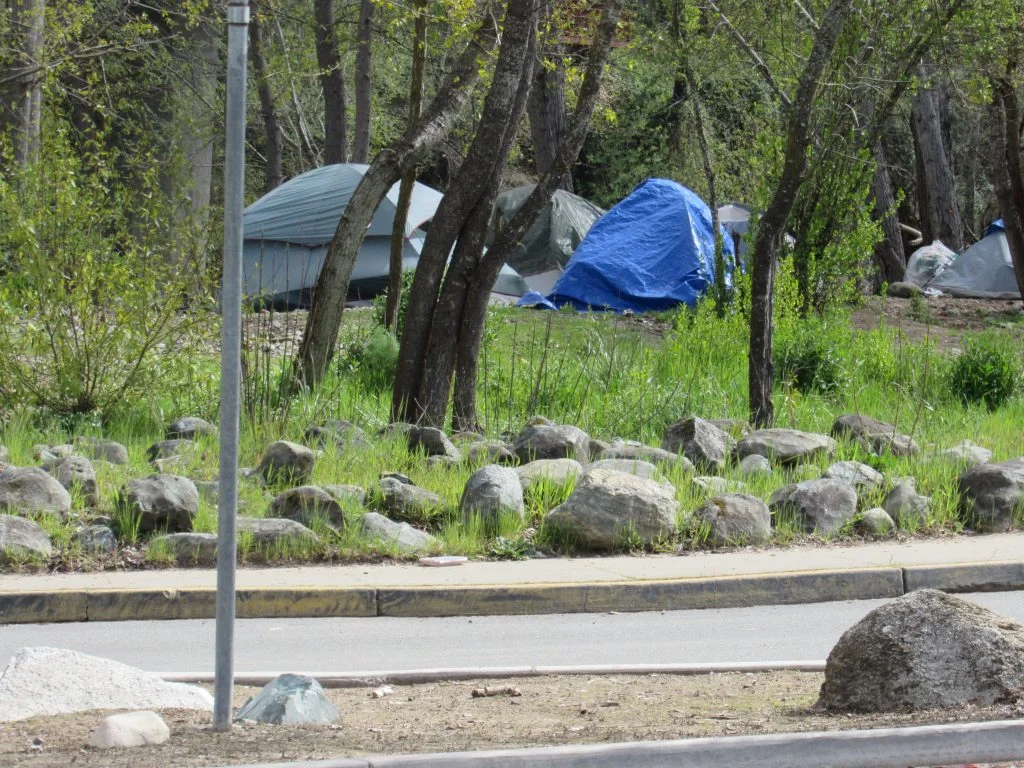
Following the decision, many homeless individuals, seeking to avoid legal repercussions, have moved away from highly monitored urban areas to the outskirts of the city. This shift has led to an increased presence of encampments in forested areas, which are not only less visible but also lack the infrastructure and resources to support such populations.
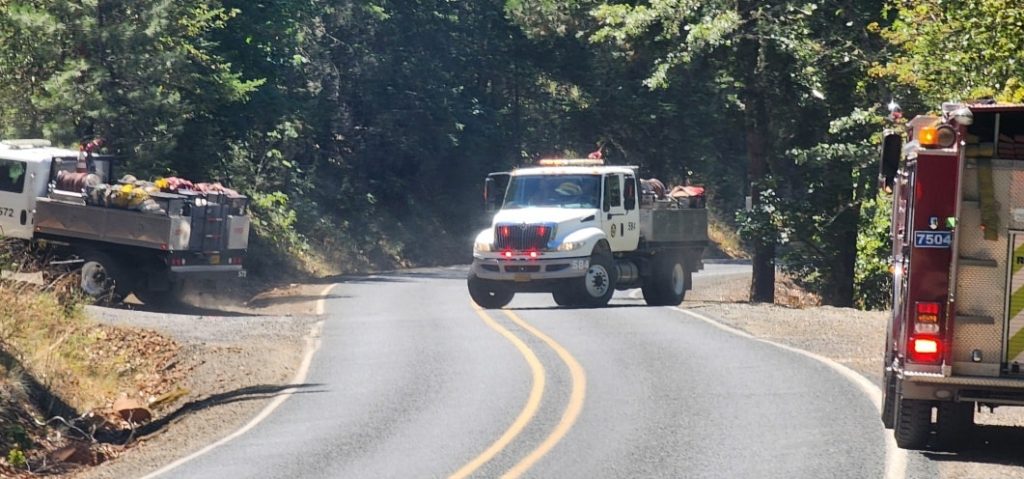
On July 6, 2024, a fire broke out on South Side Road in Josephine County, a region that has seen a rise in homeless encampments since the Supreme Court decision. The fire, which quickly spread due to dry conditions and dense vegetation, was traced back to one of these encampments. Quick detection by mountain-top camera operators and the rapid response of firefighters with extensive knowledge of the area were instrumental in containing the blaze. A combined attack from ground crews with Rural Metro Fire and the Oregon Department of Forestry (ODF), supported by two ODF helicopters overhead, stopped the forward spread not long after arrival.
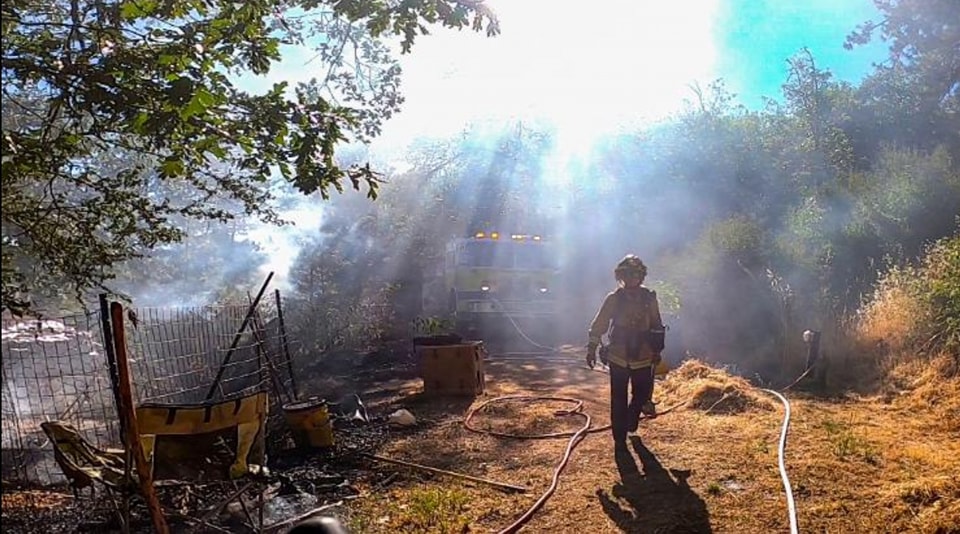
While there were no structures in the immediate vicinity of the fire, firefighters discovered evidence of dispersed living and other off-grid activities. This finding underscores the broader issue of homeless encampments and off-grid living that have become more prevalent in forested areas since the Supreme Court’s decision on Grants Pass’s homeless enforcement policies. The cost of fighting the South Side Road fire is estimated to be in the hundreds of thousands of dollars, if not more. Providing accommodations for the homeless within public parks could potentially be more cost-effective.
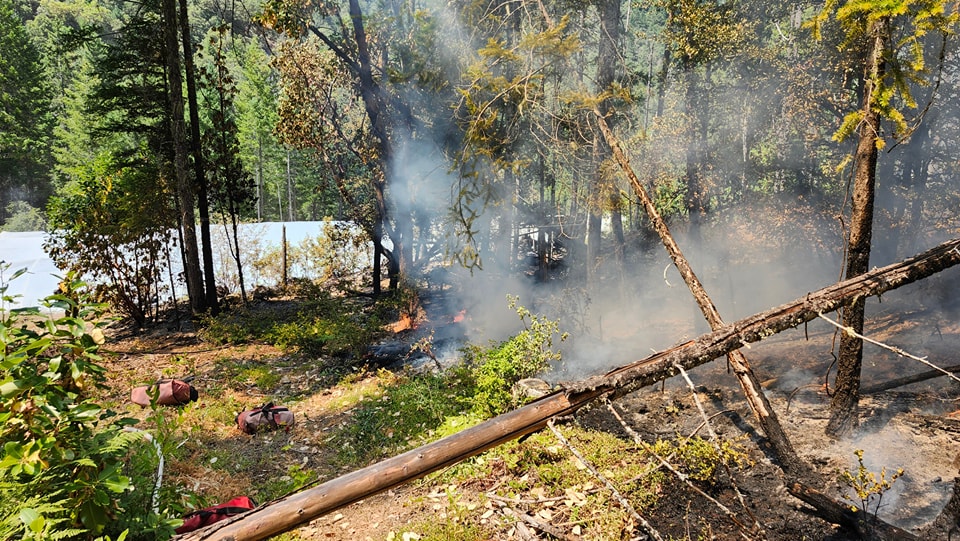
ODF is actively investigating the cause of the fire, with initial suspicions pointing toward activities related to dispersed living in the area. The presence of such encampments, often involving the use of open flames for cooking and warmth, heightens the risk of accidental fires in these dry, wooded regions.
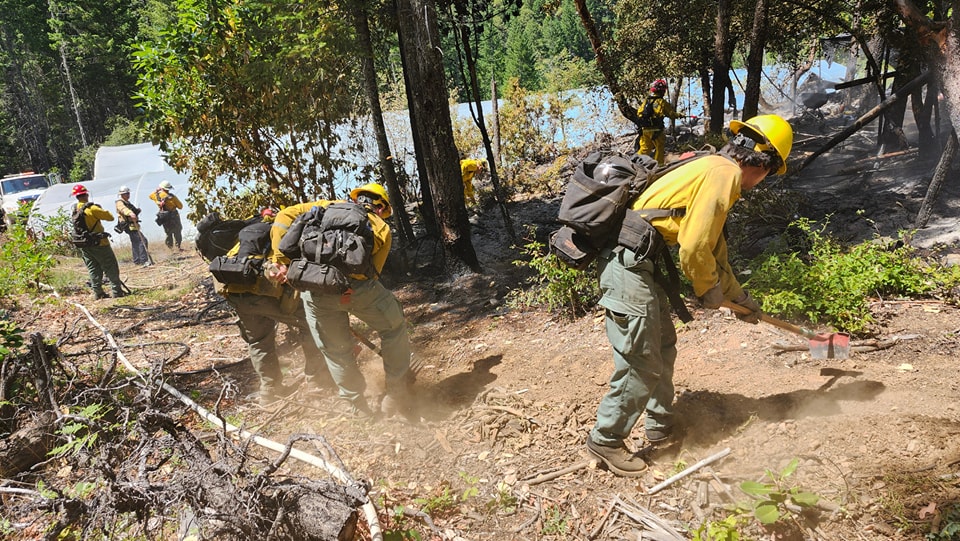
In response to this incident, local authorities and firefighting agencies are likely to increase their efforts in monitoring remote areas and educating the public about fire safety, especially during the peak fire season. The integration of technology, such as mountain-top cameras, and the swift mobilization of firefighting resources have proven effective in this case and will be crucial in mitigating future fire risks.
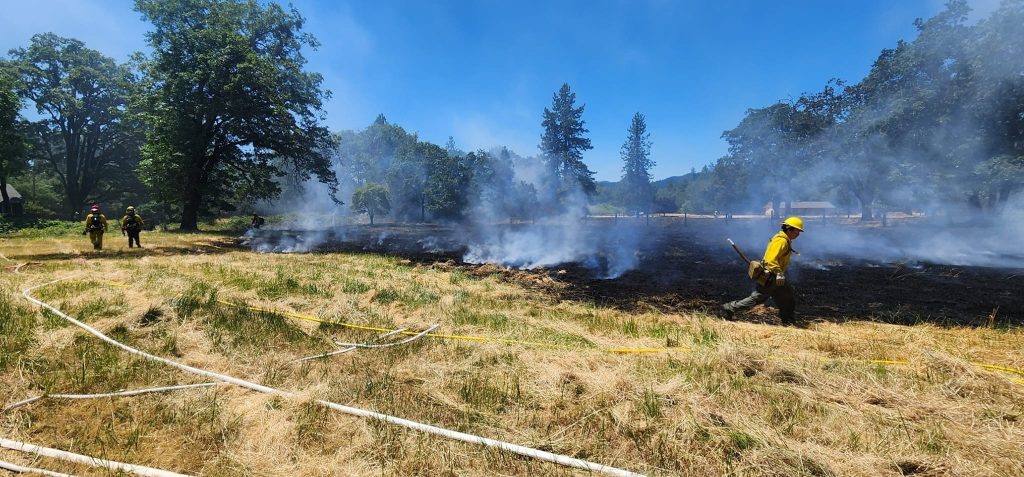
The fire on South Side Road serves as a reminder of the complex challenges faced by communities in balancing the needs of homeless populations with environmental safety. As dispersed living and off-grid activities continue to pose fire hazards, there is a growing need for comprehensive strategies that address both the humanitarian aspects and the environmental implications.

Local governments, in collaboration with community organizations, are exploring solutions such as increasing shelter availability, providing support services for the homeless, and designating safe camping areas that are properly managed. These efforts aim to reduce the risk of fires and other hazards associated with dispersed living in forested areas.
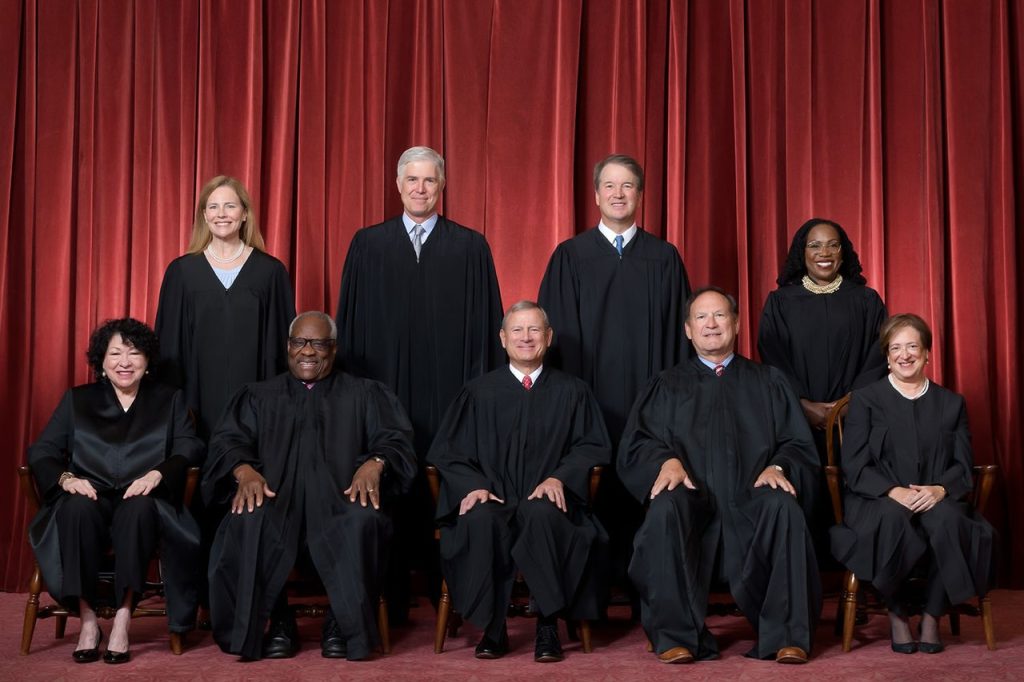
The Supreme Court’s decision regarding Grants Pass’s homeless enforcement has had significant, unintended consequences, highlighting the complex interplay between civil rights, public policy, and environmental safety. The recent fire on South Side Road serves as a stark reminder of the urgent need for holistic solutions that protect both vulnerable populations and the environment. As communities and governments work together to address these challenges, the goal must be to create safe, sustainable, and humane living conditions for all individuals.

